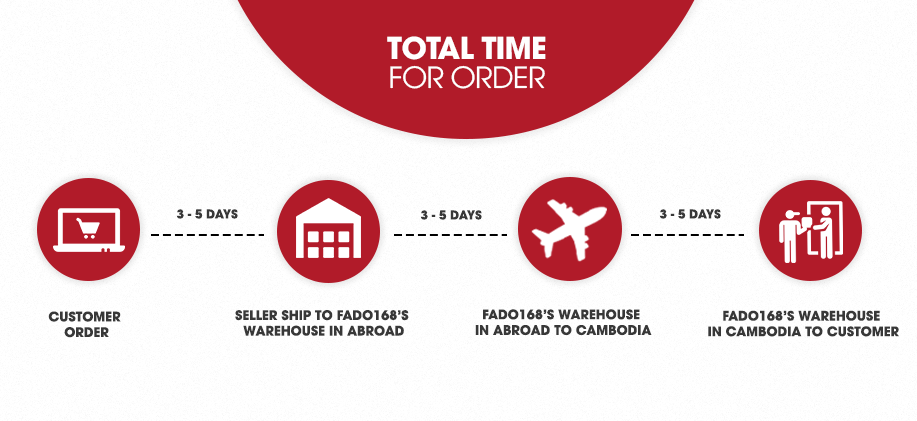We assume you have a high school background in math but are maybe a bit rusty (that is to say, you’ve completed a precalculus course). You might be a high school student or somebody who has not had a math course in 30 years. We’ll explain concepts as we go. We also focus on helping you see how football can supply fun math story problems. Our book will help you understand some of the basic skills used daily by football analysts. For fans, this will likely be enough data science skills. For the aspiring football analyst, we hope that our book serves as a springboard for your dreams and lifelong learning.
To help you learn, this book uses public data. This allows you to re-create all our analyses as well as update the datasets for future seasons. For example, we use only data through the 2022 season because this was the last completed season before we finished writing the book. However, the tools we teach you will let you update our examples to include future years. We also show all the data-wrangling methods so that you can see how we format data. Although somewhat tedious at times, learning how to work with data will ultimately give you more freedom: you will not be dependent on others for clean data.
Who This Book Is Not For
We wrote this book for beginners and have included appendixes for people with minimal-to-no prior programming experience. People who have extensive experience with statistics and programming in R or Python would likely not benefit from this book (other than by seeing the kind of introductory problems that exist in football analytics). Instead, they should move on to more advanced books, such as 'R for Data Science', 2nd edition by Hadley Wickham et al. (O’Reilly, 2023) to learn more about R, or 'Python for Data Analysis', 3rd edition by Wes McKinney (O’Reilly, 2022) to learn more about Python. Or maybe you want to move into more advanced books on topics we touch upon in this book, such as multivariate statistics, regression analysis, or the Posit Shiny application.
We focus on simple examples rather than complex analysis. Likewise, we focus on simpler, easier-to-understand code rather than the most computationally efficient code. We seek to help you get started quickly and connect with real-world data. To use a quote often attributed to Antoine de Saint-Exupéry: If you wish to build a ship, do not divide the men into teams and send them to the forest to cut wood. Instead, teach them to long for the vast and endless sea.
Thus, we seek to quickly connect you to football data, hoping this connection will inspire and encourage you to continue learning tools in greater depth.


